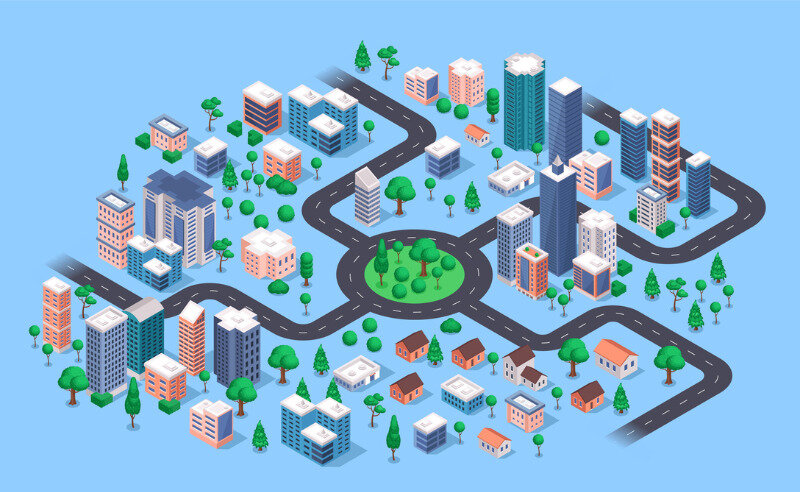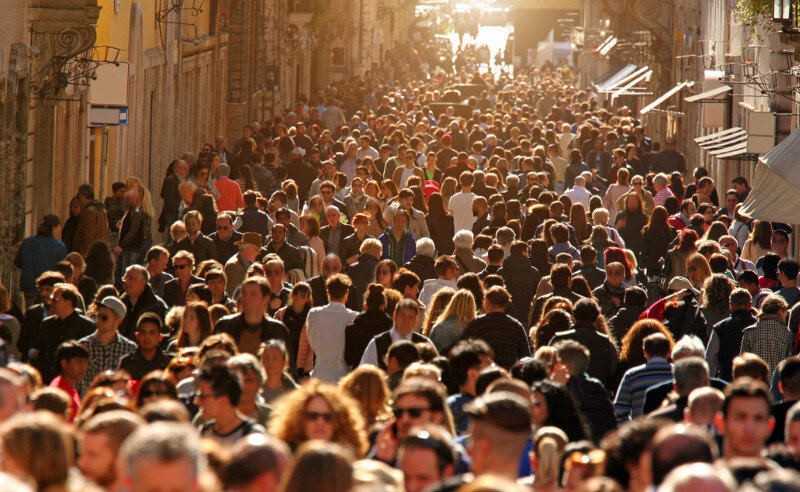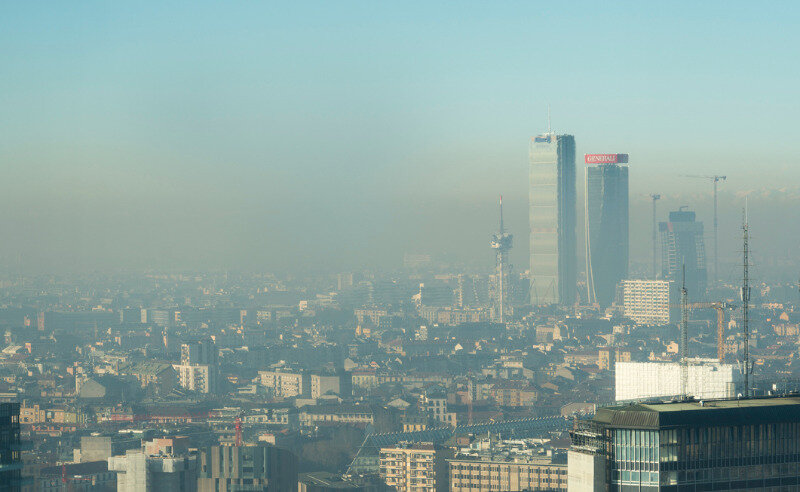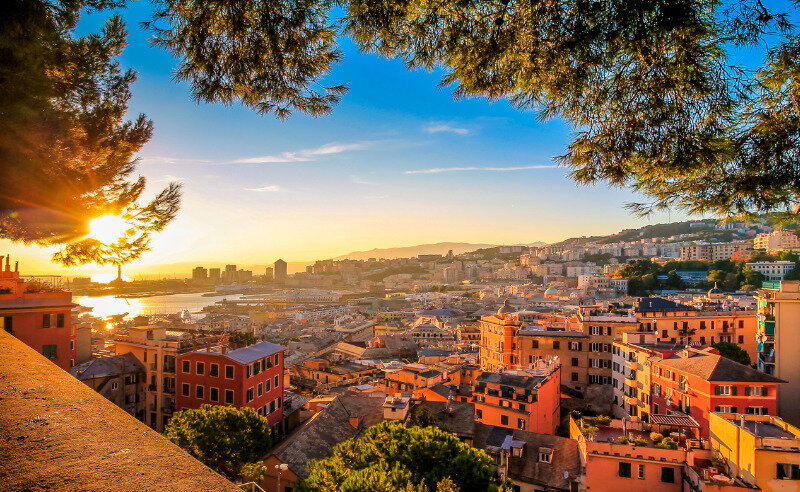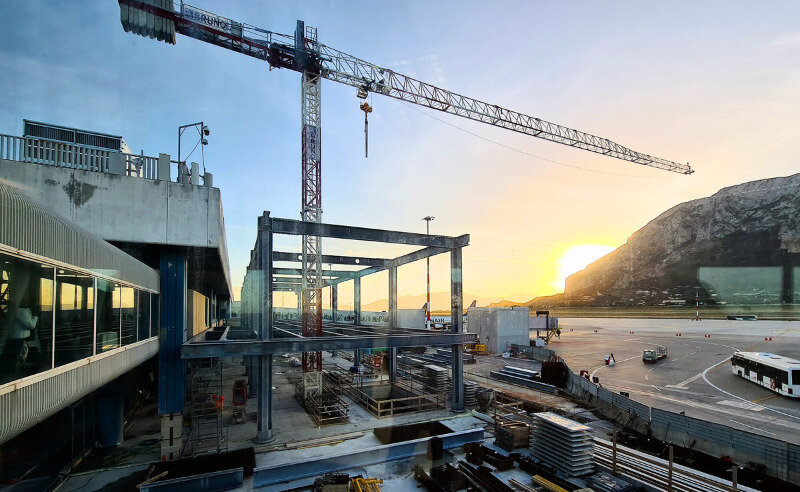Value of Urban Regeneration Community
Thematic platform that contributes to promoting and accelerating sustainable and measurable Urban Regeneration over time in the Italian territory.
Supporting an Urban Regeneration that creates value for territories and citizens must be a priority for Italy. It can help to face and overcome the main challenges of our time by creating important positive impacts and value in different fields, transcending the real estate sector or the specific area of intervention.
In order to be effective, Urban Regeneration must involve all stakeholders by activating forms of public-private partnerships, it must carefully analyse the current and prospective needs of territories and communities, and it must be declined along three mutually synergic objectives: unlocking the country's potential through the activation of investments; ensuring sustainability through impact measurement; and future-proofing interventions through the full integration of digital solutions and models.
Our latest Studies
Why is it important to promote Urban Regeneration today?
No additional land consumption
Today, more than 70% of the Italian population resides in urban areas and it is estimated that this percentage will exceed 80% by 2050.
Less pollution
Buildings generate 10.3% of total polluting emissions in Italy (vs. EU average of 8%) and 23.7% of Italians living in cities say they feel more exposed to pollution or other environmental problems (vs. EU average of 19.6%).
Better quality of life
In Italy, more than 3 million citizens live in areas in need of regeneration, especially in Genoa (23.9%), Palermo (21.6%) and Rome (20.1%).
Responding to living needs
In Italy there are about 7,800 assisted residences and nursing homes for the elderly, which cover less than half of the estimated need. The availability of university residences is also insufficient (only 5% of university students live in student halls compared to the EU average of 17%). In addition, rising rental and property purchase prices are putting more and more families in difficulty.
Fully smart and attractive cities
Urban Regeneration enables the realisation of fully ‘smart’ cities, where the experience of city-users is rewarding, making them globally competitive and attractive.
Supporting the economy and employment
Urban regeneration interventions mobilise significant investment and develop new functions, thus activating cross-sectoral supply chains in the national and local economy. In both the construction and operation phases, these interventions create direct, indirect and induced value in terms of supporting the economy, GDP and employment.

